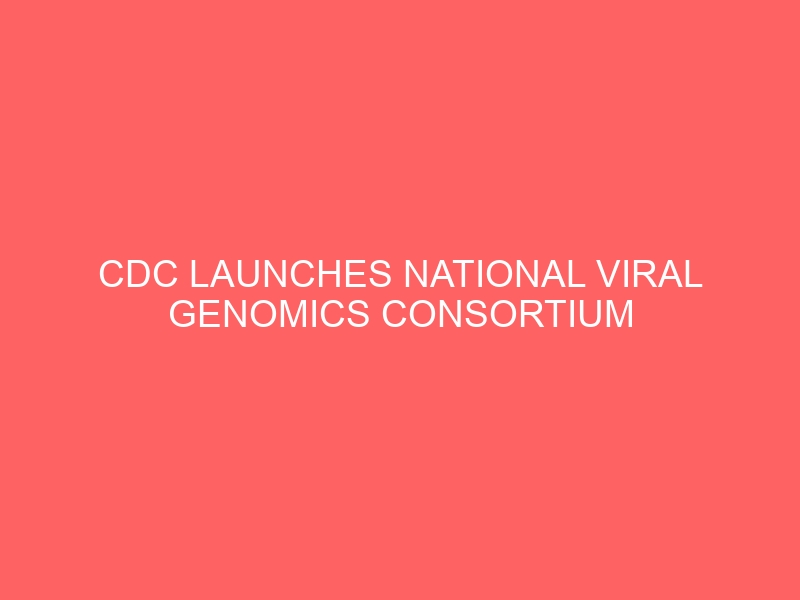CDC has kicked off the SARS-CoV-2 Sequencing for Public Health Emergency Response, Epidemiology and Surveillance (SPHERES) consortium, which will greatly expand the use of whole genome sequencing (WGS) of the COVID-19 virus.
This national network of sequencing laboratories will speed the release of SARS-CoV-2 sequence data into the public domain.
SPHERES will provide consistent, real-time sequence data to the public health response teams investigating cases and clusters of COVID-19 across the country. It will help them better understand how the virus is spreading, both nationally and in their local communities. Better data, in turn, will help public health officials interrupt chains of transmission, prevent new cases of illness, and protect and save lives.
“The U.S. is the world’s leader in advanced rapid genome sequencing. This coordinated effort across our public, private, clinical, and academic public health laboratories will play a vital role in understanding the transmission, evolution, and treatment of SARS-CoV-2. I am confident that our finest, most skilled minds are working together to help us save lives today and tomorrow,” said CDC Director Robert Redfield, M.D.
Tracking the COVID-19 virus as it evolves
Genomic sequence data can give unprecedented insight into the biology of SARS-CoV-2, the virus that causes COVID-19, and help define the changing landscape of the pandemic. By sequencing viruses from across the United States, CDC and other public health authorities can monitor important changes in the virus and use this information to guide contact tracing, public health mitigation efforts, and infection control strategies.
The SPHERES consortium is an ambitious effort to coordinate SARS-CoV-2 genome sequencing nationally, organizing dozens of smaller, individual efforts into a single, distributed network of laboratories, institutions and corporations. The consortium combines the expertise, technology, and resources of 40 state and local public health departments, several large clinical laboratories, and over two dozen collaborating institutions across the federal government, academia, and the private sector.
SPHERES will establish best practices and consensus data standards, accelerate open data sharing, and establish a pool of resources and expertise to help bring cutting-edge technology to the national COVID-19 response.
SPHERES data open, shared
Consortium members share a commitment to rapid open sequence sharing. They plan to submit all useful sequence data into public repositories at the National Library of Medicine’s National Center for Biotechnology Information (NLM/NCBI), the Global Initiative on Sharing Avian Influenza Data (GISAID), and other public sequence repositories. This will help ensure that that viral sequence data from across the United States is rapidly available for public health decision making and freely accessible to researchers everywhere.
Consortium members include:
Federal agencies and laboratories
Centers for Disease Control and Prevention, Office of Advanced Molecular Detections
Argonne National Laboratory
National Institute of Allergy and Infectious Diseases, Office of Genomics and Advanced Technology
National Institute of Standards and Technology
National Library of Medicine’s National Center for Biotechnology Information
Walter Reed Army Institute of Research
State/local public health laboratories

